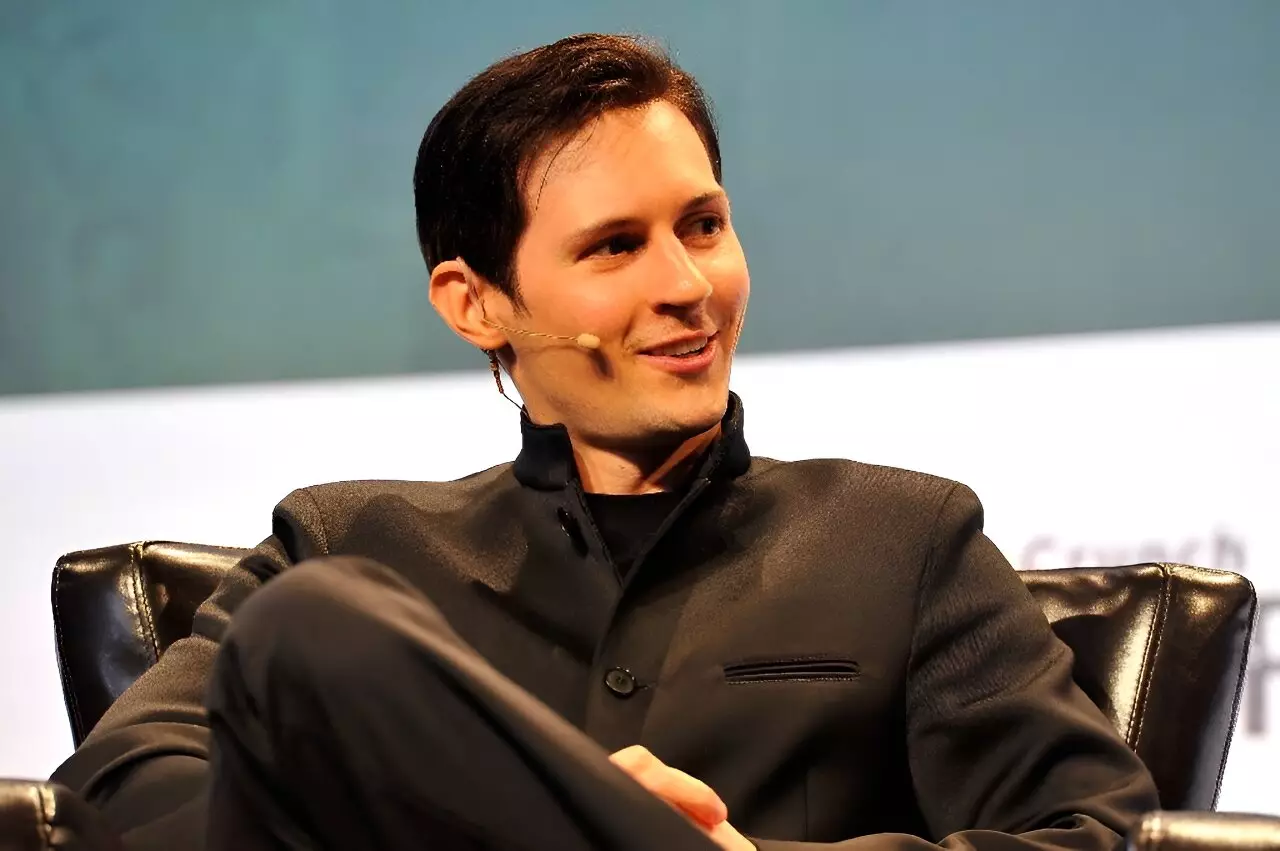Telegram’s chief executive, Pavel Durov, has found himself in legal hot waters as he was arrested by French police at an airport near Paris. Allegations against the Franco-Russian billionaire include offenses related to his popular messaging app. The arrest took place at Le Bourget airport, with Durov arriving from Baku, Azerbaijan. The charges against him include fraud, drug trafficking, cyberbullying, organized crime, and promotion of terrorism. One of the investigators expressed surprise at Durov’s decision to come to Paris despite being a wanted man.
In a rare interview with Tucker Carlson, Durov disclosed the inspiration behind launching an encrypted messaging app. He mentioned facing pressure from the Russian government while working at VK, a social network he created and later sold. After leaving Russia in 2014, Durov attempted to settle in various cities like Berlin, London, Singapore, and San Francisco before ultimately choosing Dubai for its business-friendly environment and neutrality. Durov highlighted the appeal of Telegram for its users, citing independence, privacy, and freedom as key factors that draw people to the platform.
Telegram, based in Dubai, has positioned itself as an alternative to US-owned messaging platforms that are often criticized for their commercial use of users’ personal data. The app has taken a stand on never disclosing user information, a stance that resonates with privacy-conscious users. However, the platform’s encryption features have also raised concerns about illegal activities taking place under the cloak of anonymity. With groups of up to 200,000 members allowed on Telegram, there have been accusations of it facilitating the spread of false information, along with extremist and criminal content.
In contrast to its competitors, Telegram has avoided the moderation laws prevalent in Western countries by basing itself in the UAE. This move has enabled the platform to operate relatively independently from regulatory pressures impacting other large messaging services. For instance, WhatsApp implemented message forwarding limits globally in 2019 after facing criticism for contributing to the dissemination of false information that incited violence in India. Telegram’s unique approach to user privacy and content moderation sets it apart from other messaging apps in the market.
Overall, Pavel Durov’s legal troubles highlight the challenges faced by tech companies operating in a global landscape with varying legal frameworks and societal expectations. As Telegram continues to expand its user base and influence, it will be crucial for the company to address concerns about illegal activities on its platform while upholding its commitment to user privacy and freedom of expression. The outcome of Durov’s court appearance will likely have significant implications for Telegram and its future direction in the messaging app market.

